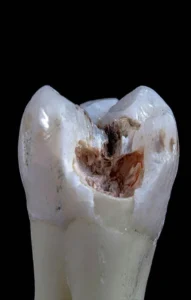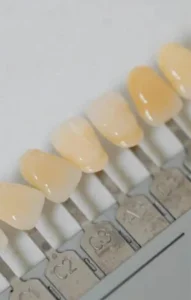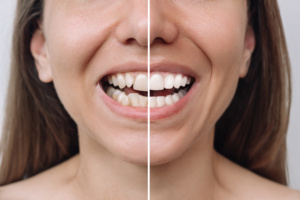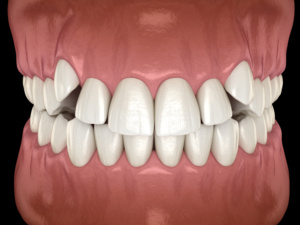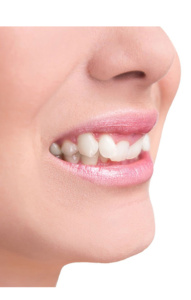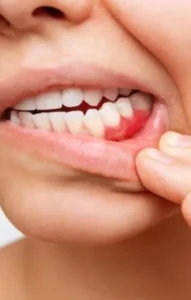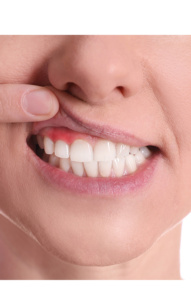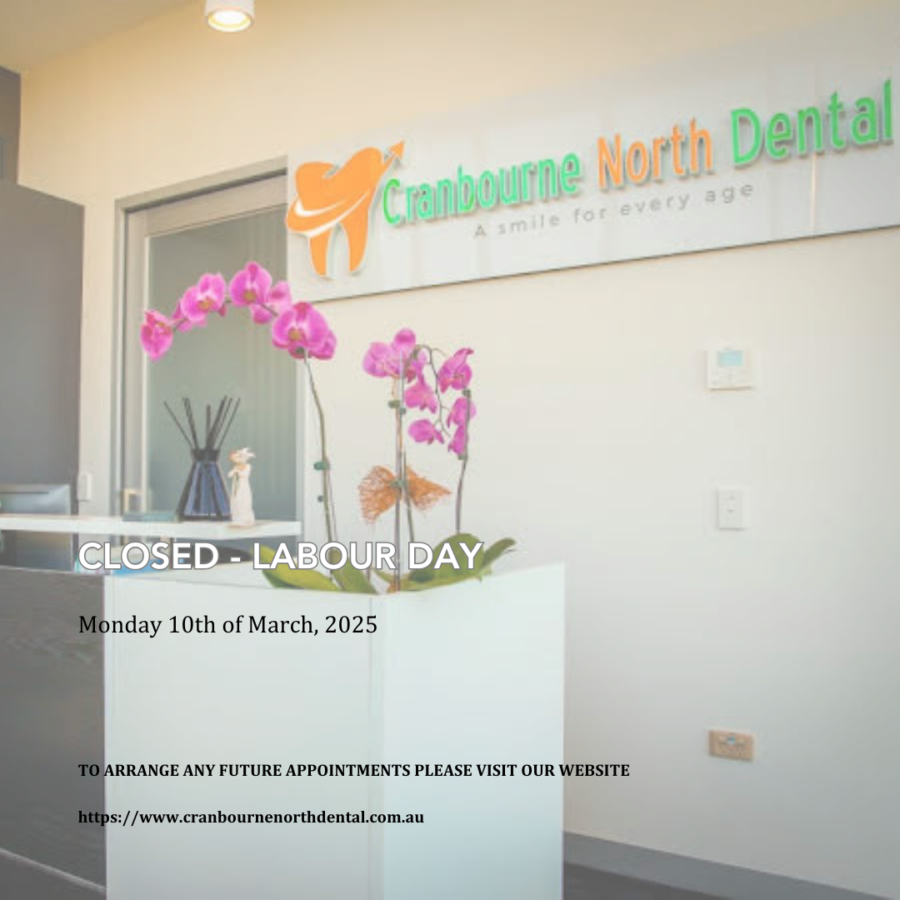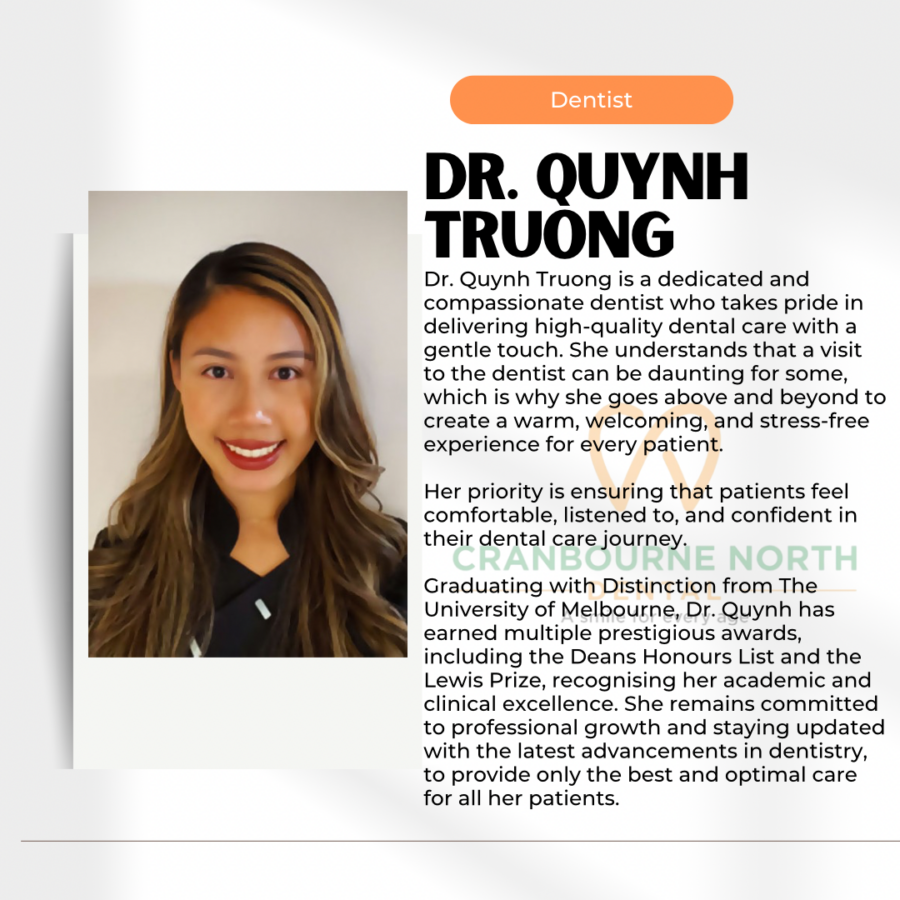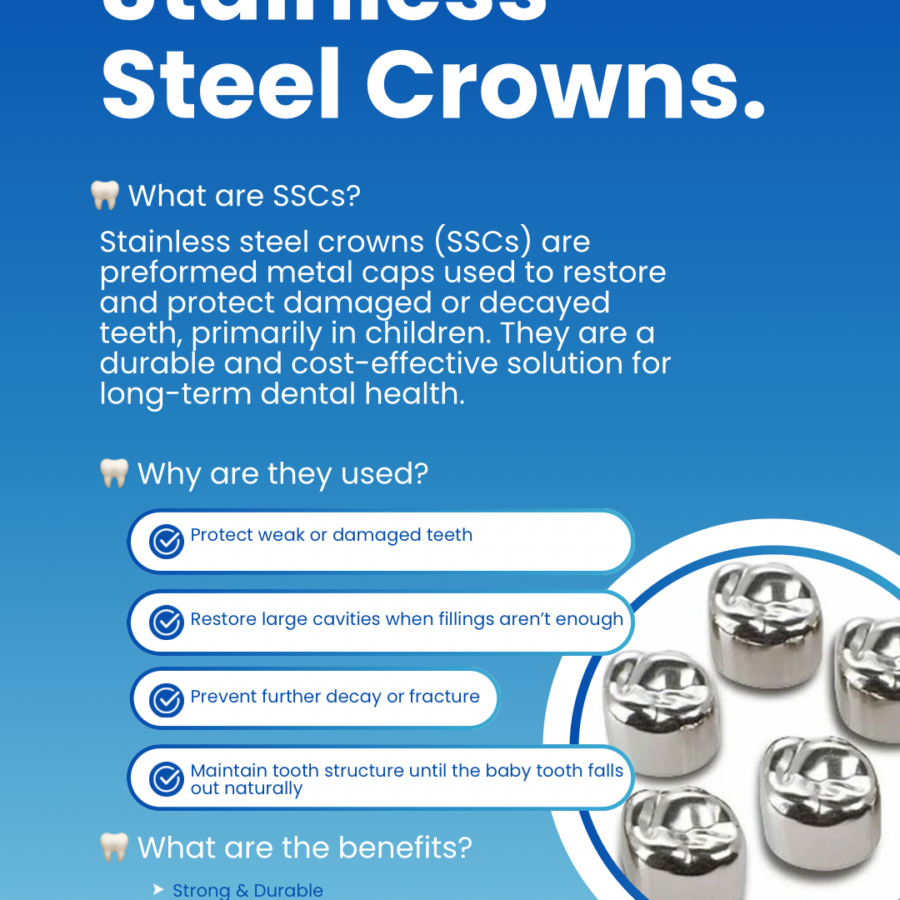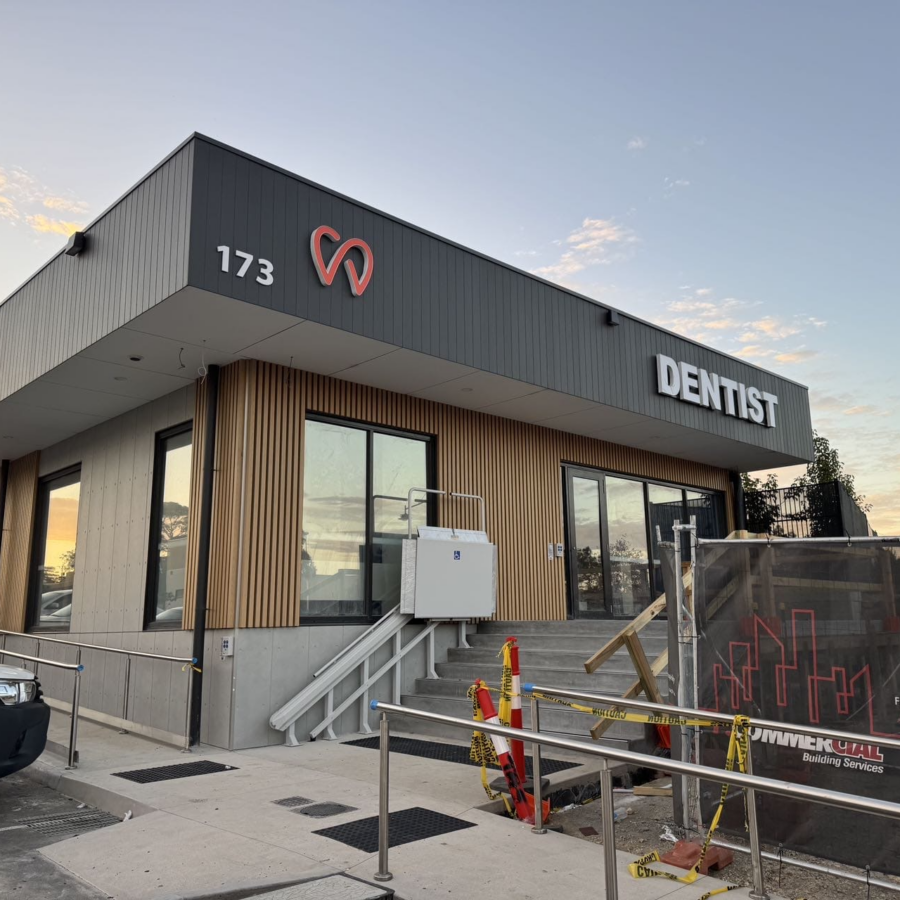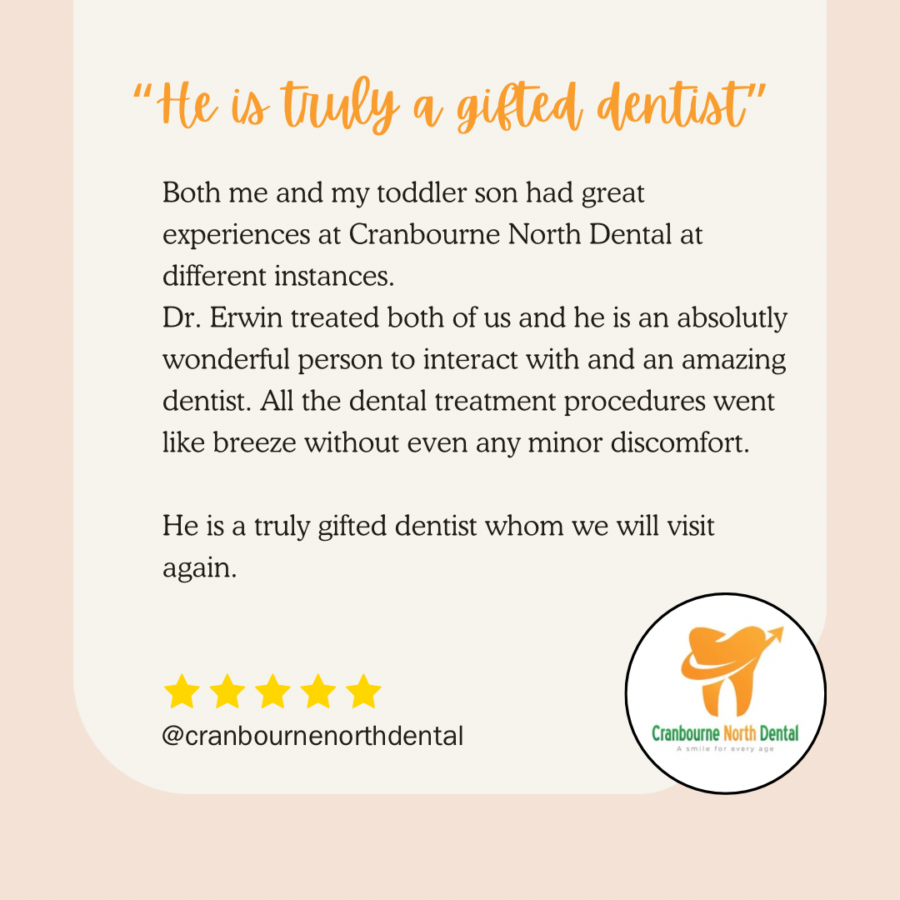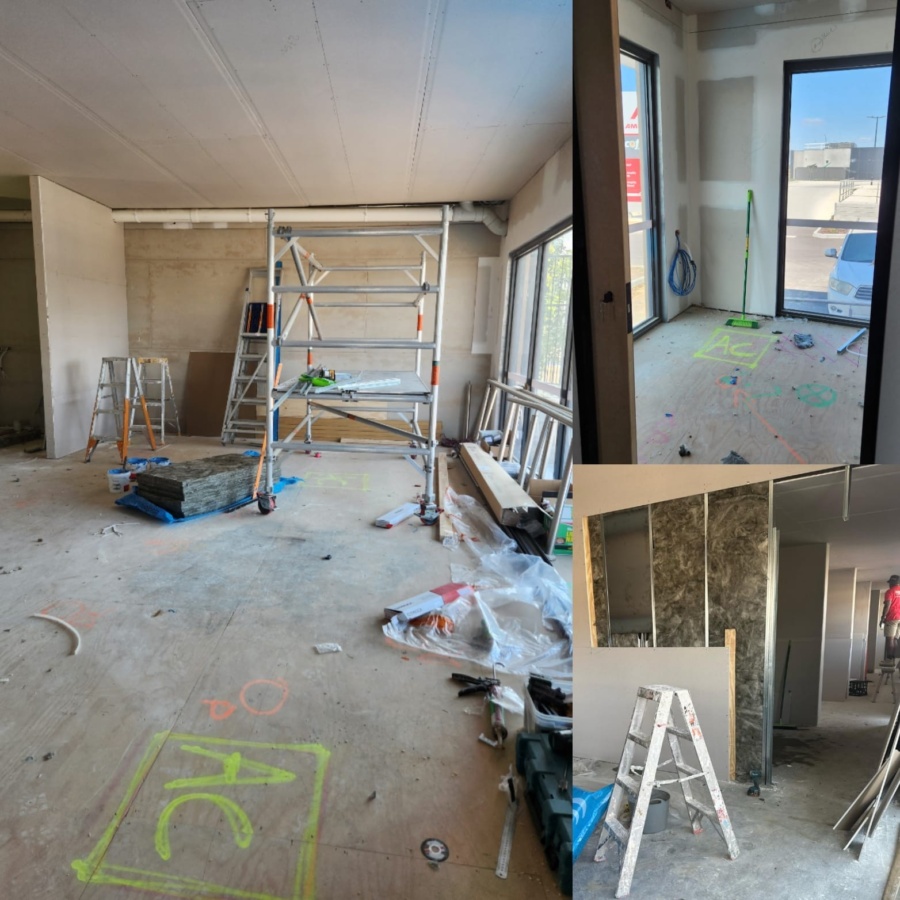
Wisdom Teeth Removal
Wisdom teeth are the most commonly impacted tooth in the mouth. A combination of a changing diet, evolving jaw size and other genetic factors have meant that the human jaw has been shrinking.
As a result, the wisdom teeth, also known as the third molars, are often impacted, causing pain, swelling, food packing and are generally uncomfortable.
Our clinic provides comprehensive Wisdom Teeth removal services, addressing both simple and complex cases.
What is a Wisdom Tooth?
A Wisdom tooth is your last set (third) of molars at the back of your mouth. They appear when you are an adult (and hence the name). They vary greatly in shape and size from person to person and are also one of the most commonly missing teeth.
Wisdom Teeth Removal Treatment
Our experienced dental surgeons provide expert care for your wisdom teeth extraction treatment. Most patients suffer from the lack of space for their wisdom tooth to come through.
Occasionally lucky patients may get away if the wisdom tooth is stuck under the gum. However, for the vast majority of us, our wisdom teeth are only able to partially erupt due to the lack of space and/or poor angulation. The severe pain comes about when bacteria and food get stuck under the gum and cause tooth decay and/or gum inflammation.
- X-ray assessment
Our advanced X-ray machines deliver precise imaging for accurate diagnosis and treatment. While our skilled Dentists assess each situation individually, there may be instances where referral to an Oral Maxillofacial Specialist is recommended for optimal care. - Wisdom Teeth Extraction appointment
We do most of our removals in-house under local anaesthetic, ensuring continuity and convenience. For those who are anxious about dental procedures, we provide sleep dentistry options for a comfortable experience. - Recovery and Follow up care
Once removed, it’s as simple as resting until your gums heal. Read more below.
We also have a variety of payment plans available – giving you the flexibility of paying for your dental procedure later.

Support Your Recovery After Your Wisdom Teeth Extraction Procedure
The recovery process is straightforward, with some simple steps to ensure you heal quickly and comfortably. After your wisdom teeth extraction, you may experience some swelling and discomfort. Using ice packs and prescribed pain relievers will help manage these symptoms. Please stick to soft foods like yoghurt, mashed potatoes, and soup. Avoid hot drinks, spicy foods, and anything that requires chewing.
Maintaining oral hygiene is key. Start rinsing with warm salt water 24 hours after the procedure to promote healing. Avoid using straws and strong rinsing to prevent dislodging the blood clot. Take it easy for a few days and allow your body to rest and heal.
Our team at Cranbourne North Dental is here to support you through the recovery process. Please attend follow-up appointments to ensure everything is healing properly. If you notice excessive bleeding, severe pain, or signs of infection, contact us immediately. We’re dedicated to making your recovery as smooth and comfortable as possible.
Wisdom Tooth removal Complications
As with any complex dental treatment, some patients may experience complications.
Nerve damage is one of the biggest risks when removing lower wisdom teeth. Lower wisdom teeth are usually right next to (or on) the lower dental nerve. Removal of the wisdom teeth may exert pressure on this nerve, bruising it, causing temporary or permanent problems including: tingling sensation, paraesthesia (altered nerve sensation), pain, loss of sensation. In severe cases the nerve may be severed. If there is a high risk of this happening, we may recommend referral to an Oral Surgeon instead.
Upper wisdom teeth can also have complications. In some rare cases, the bone behind the upper wisdom teeth (tuberosity) may fracture during the extraction and may need to be stitched back. The sinus is quite close to the roots of the upper wisdom teeth and sometimes the roots can fall into the sinus and require retrieval by a specialist. There is always a risk of sinus exposure which requires suturing of the gums to close the exposure. If it is a large exposure- you will have to see the specialist oral surgeon to surgically close it up.
As with all extractions, you may experience bruising, pain, swelling, post-operative bleeding and general nausea after the extraction is completed. If a small part of a wisdom tooth root fractures, we may elect to leave it in the mouth because retrieving it would risk damage to vital structures.
Call Us or Book Online Now
Common Problems
Frequently Asked Questions

Do I need to remove my wisdom teeth?
There is a mistaken theory that all wisdom teeth always need to be removed.
If a wisdom tooth is unerupted (not exposed in the mouth) and unlikely to erupt and cause any gum problems, it can stay there forever. You just need to monitor it periodically with dental x-rays.
If a wisdom tooth is partially erupted, most of the time, it will need to be removed especially if it is erupted and impacted in a funny position. Sometimes even if there is no pain / discomfort, it can cause issues further down the track and result in a more difficult removal when you are older.
If your wisdom teeth have erupted well and in a good position, they are just as good as any other molars and as long as you keep it clean, it’s great to leave in your mouth!
Are my wisdom teeth making my other teeth move?
It used to be thought that the eruption of wisdom teeth causes crowding of the front teeth. There have been numerous studies published that have proven that this is incorrect. The reason it may seem so, is because the timing of the teeth drifting forward naturally and the wisdom teeth coming out seems to be similar. The crowding effect is noted on those without wisdom teeth as well so rest assured, this is not a reason to have to take wisdom teeth out.
How much does it cost to remove a Wisdom Tooth?
Wisdom teeth removal can cost anywhere from a basic extraction cost ($200) to a complex extraction cost (more than $500). This highly depends on the complexity of treatment.

